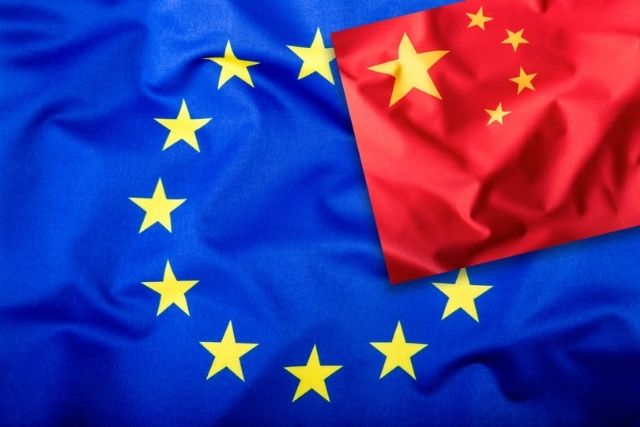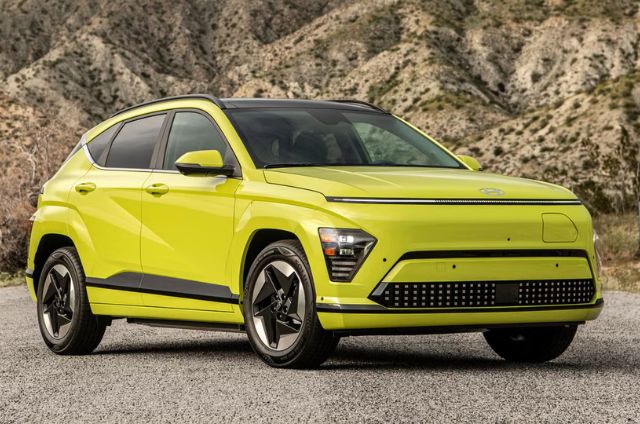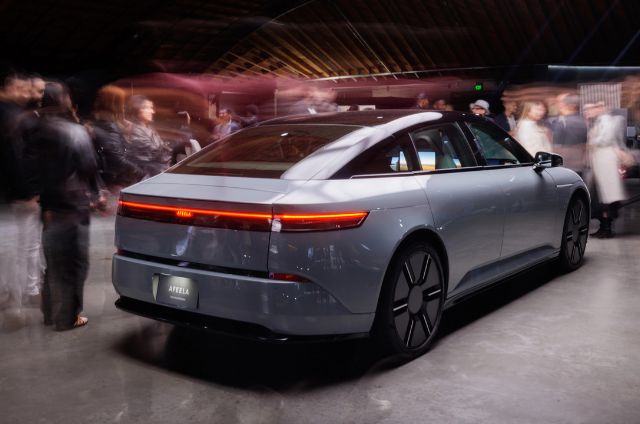The ongoing trade spat between China and the European Union (EU) over electric vehicles (EVs) and changing tariff rates is about to reach a new level of intensity. China’s Minister of Commerce Wang Wentao and the EU’s Trade Commissioner, Valdis Dombrovskis will meet on Thursday, September 19, 2024, to discuss the escalating trade tensions. Their conversation will likely focus on the recent tariffs imposed by the EU on Chinese-made EVs, a topic that has already stirred significant controversy and debate.
China’s Diplomatic Moves for Tariff Changes
The backdrop to this high-stakes meeting includes recent developments in Italy, where Wang met with Roberto Vavassori, President of the Italian Association of the Automotive Industry. The discussion in Turin revolved around the EU’s anti-subsidy investigation into Chinese EVs, which resulted in raised tariffs on imports. This investigation and the subsequent tariffs have sparked considerable unrest in the auto industry, especially among EU member states with strong trade ties to China.
China’s Ministry of Commerce has been vocal in its opposition to these tariffs, arguing that they undermine the global transition to green energy and the development rights of its EV industry. This sentiment was echoed by Wang during his visit, as he sought to smooth over relations and explore cooperation between China and Italy’s EV sectors. Despite these diplomatic efforts, Spain remains a notable critic of the tariffs, expressing concern over potential damage to trade relations.
Tariff Rates and WTO Appeals
China’s response to the EU’s tariffs has been multifaceted. In addition to lobbying individual EU member states to oppose the tariffs, China has filed an appeal with the World Trade Organization (WTO). The appeal, filed in August, aims to challenge the provisional tariffs and protect the interests of China’s EV industry. Initially set at a maximum of 38%, these tariffs have been reduced several times since their provisional enforcement in July. Nonetheless, they remain a significant point of contention between the two economic giants.
The tariffs, which are an addition to the existing 10% duty on all EV imports, have been a contentious issue. The EU’s goal is to level the playing field for European automakers by addressing concerns of unfair subsidies and competition. However, the reduction in tariff rates has not completely alleviated the tensions, and the upcoming talks will be crucial in determining the future trajectory of EU-China trade relations.
What’s Next?
As Wang and Dombrovskis prepare for their meeting, the outcome could have significant implications for both the global EV market and international trade relations. With the EU’s tariffs remaining a thorny issue and China’s countermeasures in play, the discussions later this week could either pave the way for a resolution or escalate the conflict further. Watch this space for updates on how these high-level talks will unfold and what it could mean for the future of EV imports and trade between China and the EU.



